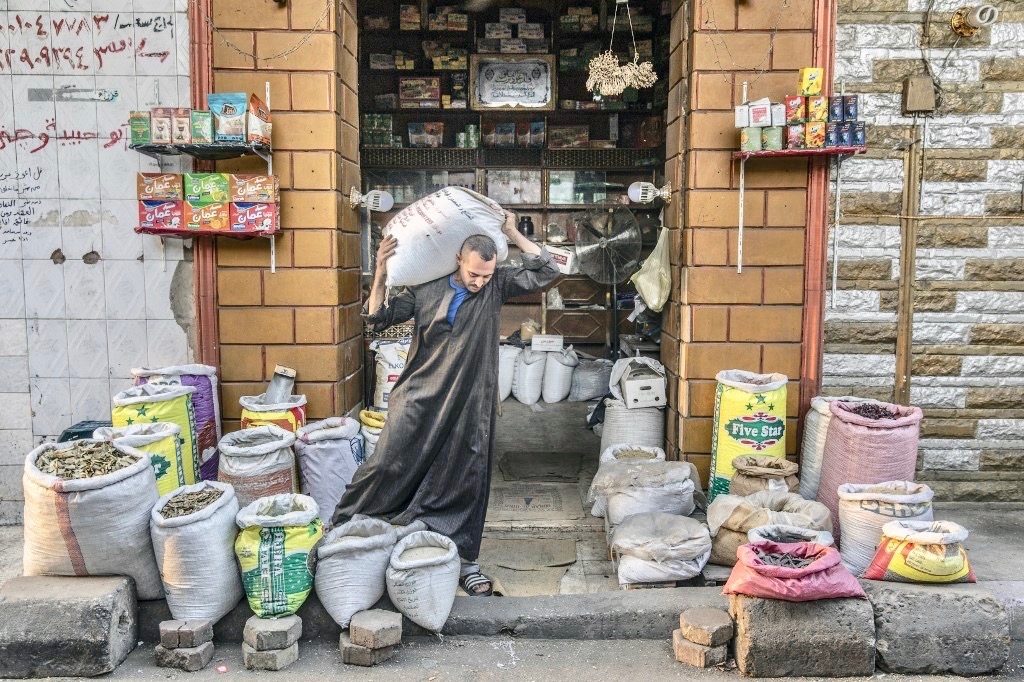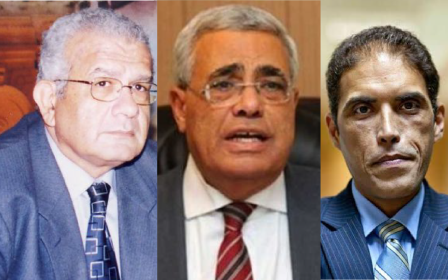Egypt plans to cut prices of subsidised food staples next month

Egypt will lower prices of subsidised food staples next month, state news agency MENA cited Supply Minister Ali Moselhy as saying on Saturday, according to Reuters, as the country's economy shows signs of recovery.
"Prices of cooking oil, sugar, rice and flour will be reduced starting the first of December," ministry spokesman Ahmed Kamal said, adding that the measures aimed to make goods available "in suitable quantities and prices", AFP reported.
Last month, the government reinstated 1.8 million Egyptians to a food subsidy programme as instructed by President Abdel Fattah el-Sisi.
They had been removed earlier this year when the supply ministry began to sift through the system to weed out people whose income was believed to be too high to warrant access to cheap rice, pasta and other items.
Also in October, fuel prices were cut by 25 piastres ($0.15) a litre after several rounds of price hikes under a tough austerity programme that triggered popular discontent.
The measures came after rare protests in September calling for Sisi's removal after exiled Egyptian businessman Mohamed Ali accused the president and top military brass of corruption, accusations the president denies.
Harsh austerity measures introduced by Sisi's government since he took office in 2014 have hit poor and middle-class Egyptians.
Almost one in three Egyptians lives below the poverty line, according to official figures released in July.
The tough reforms including subsidy cuts and a devaluation of the local currency were tied to a three-year $12bn bailout loan from the International Monetary Fund (IMF) secured in 2016. The IMF loan was disbursed in full earlier this year.
Egypt's economy was sent into a downward spiral by the 2011 uprising that toppled longtime autocrat Hosni Mubarak and has also been hit by attacks that damaged its vital tourism sector.
Still, the official statistics agency said inflation fell to its lowest level in almost a decade last month, easing to 2.4 percent, compared with 17.5 percent a year earlier.
Middle East Eye delivers independent and unrivalled coverage and analysis of the Middle East, North Africa and beyond. To learn more about republishing this content and the associated fees, please fill out this form. More about MEE can be found here.





